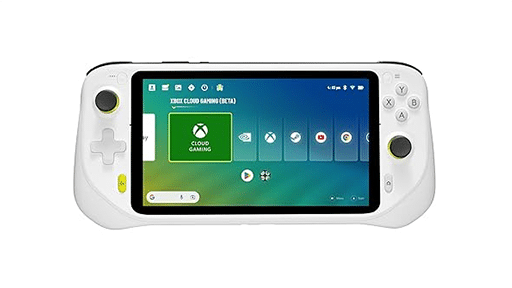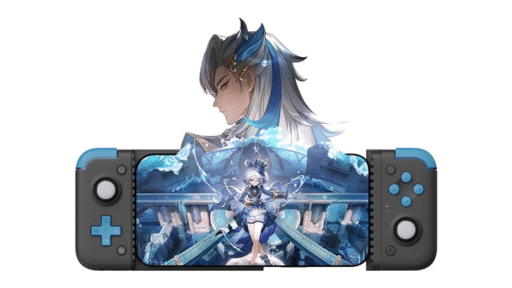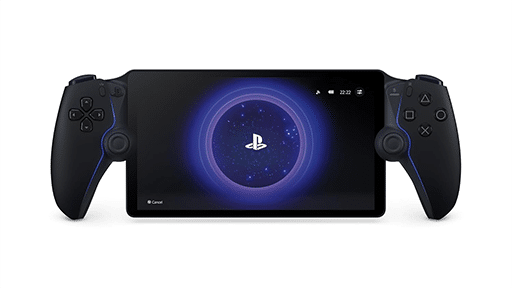
Ever wonder what happens when the creators of Persona dive into a high-fantasy world? Metaphor: ReFantazio is Atlus’ latest JRPG, marking an exciting step into new territory. Published by Sega, this game takes their signature strategic combat, deep character development, and philosophical themes and transplants them into a magical setting. With its mythological storytelling and tactical gameplay, Metaphor offers something fresh, but still familiar, in an expansive world worth exploring.
Fantasy Meets Myth
At its core, Metaphor: ReFantazio continues Atlus’ tradition of storytelling rooted in both fantasy and mythology. You are thrust into a richly imagined world where fate and heroism intertwine. As the game’s protagonist, you set out on a journey of self-discovery, meeting mythical creatures and deities along the way. You must lift the curse placed on your childhood friend, the prince of Euchronia. The story feels more epic than Persona’s modern-day setting, trading school life and social simulations for a sweeping high-fantasy tale.
While the story does feel familiar in its themes—exploring identity, battling internal and external demons—Metaphor elevates the narrative with deeper lore and world-building. Compared to Persona 5, the stakes feel grander, and the overarching plot weaves in elements of political intrigue and metaphysical conflict.
Personally, I was drawn into the game’s world almost immediately. The constant sense of discovery, as well as the surprising twists in the plot, made me want to keep pushing forward. However, the pacing can sometimes feel slow, especially during the mid-game when the story takes a bit longer to develop.

Strategy and Evolution
The turn-based combat system in Metaphor shares similarities with Persona’s formula, but it also introduces new layers of strategy. You command a party of heroes, each with their own unique abilities, as you face off against enemies in highly tactical battles. The elemental system from Persona returns, requiring you to exploit weaknesses and chain abilities for maximum damage. However, the combat now has more depth thanks to added features like terrain advantages and dynamic enemy formations.
The progression system is also more complex. Characters can evolve in different skill trees, offering more customization than previous Atlus games. What really caught my attention during my playthrough was how easily I could adjust my strategy depending on my party setup and the surroundings. Unlike Persona, where party setups felt somewhat rigid, Metaphor encourages experimentation. I liked that the game pushed me to think more tactically during battles, making me change my approach on the spot.
That said, the game isn’t without some issues. Some of the tougher enemies need a careful strategy, which can be frustrating especially if you like faster-paced action. On the other hand, if you enjoy diving into complex RPG mechanics, this deeper system is rewarding and satisfying.

Comparisons to Persona and Other Atlus Games
As a long time fan of Atlus’ games, especially the Persona series, I found Metaphor to be both familiar and refreshing. The game retains the emotional depth and character-driven storytelling that Persona fans love, while introducing new gameplay mechanics and a different narrative tone. While Persona 5 was rooted in modern-day Japan, Metaphor transports you to a fully-realized fantasy world with unique lore.
Mechanically, Metaphor evolves the turn-based combat system in a way that feels more tactical. While Persona’s combat is fast and flashy, Metaphor focuses on strategy and positioning. If you are a Persona fan, you will feel at home here.

A Visual Marvel
Visually, Metaphor is impressive. Atlus’ art direction has always been a standout, and this game is no exception. The character designs, environments, and magical effects are beautifully made. The game uses bright colours and bold contrasts to create a unique visual style, different from Persona’s bold, stylized art. Here, the world feels more otherworldly, with sprawling cities, green forests, and ancient ruins that add a sense of grandeur.
The soundtrack complements the visual experience, blending orchestral scores with atmospheric soundscapes. While Persona is known for its jazzy, upbeat music, Metaphor takes a more epic, sweeping approach, fitting the fantasy setting. From the haunting melodies during quieter moments to the intense battle themes, the music adds to the game’s overall immersion.
However, there are a few rough spots. Some animations, particularly during cutscenes, can feel a bit stiff, especially compared to the fluidity of the combat animations. But these are minor issues in what is otherwise a beautifully presented game.

Metaphor: ReFantazio Builds Upon Atlus’ Strengths While Pushing the Boundaries of the JRPG Genre
Metaphor: ReFantazio is a game that builds upon Atlus’ strengths while pushing the boundaries of the JRPG genre. With its deep narrative, tactical combat, and impressive presentation, it offers an experience that feels both familiar and fresh. While not without its flaws, such as occasional pacing issues and minor animation hiccups, the game is a must-play for both longtime fans of Atlus and newcomers to the genre.
If you love the Persona series, Metaphor offers enough new elements to feel like a different beast, while still retaining the emotional and strategic depth that makes Atlus games stand out.
Metaphor: ReFantazio

Summary
Metaphor: ReFantazio delivers a deeply immersive experience with tactical combat and a richly imagined world. Fans of Persona will appreciate its familiar themes, but with a twist: deeper strategy and high-fantasy elements. With its impressive visuals and complex combat mechanics, Metaphor stands as a strong entry in Atlus’ RPG legacy. While the pacing may drag in spots, the overall experience is rewarding and offers significant replay value for genre fans.
As always, remember to follow us on our social media platforms (e.g., Threads, X (Twitter), Bluesky, YouTube, and Facebook) to stay up-to-date with the latest news. This website contains affiliate links. We may receive a commission when you click on these links and make a purchase, at no extra cost to you. We are an independent site, and the opinions expressed here are our own.










